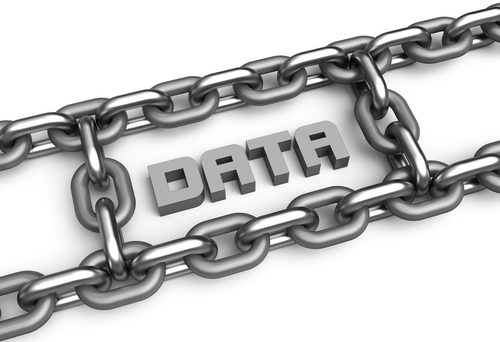Data Sharing Is Needed For The Greater Good Even If It Compromises Privacy

OPINION: Roland Moore-Colyer believes access to data offers more benefits than it erodes privacy
Data is delectable to many companies, with the likes of Microsoft and Google hovering up your information with the gusto of an EU-banned vacuum cleaner, all to re-purpose it into revenue generating information.
Google also gobbles up your data on Android smartphones if you let it, offering convenient services and excellent mapping in return; the timeline tracking feature in Google Maps has helped me figure out where I ended up after many a hazy Friday night.
But understandably some may find this level of data harvesting to be creepy, despite their posting of geo-location tagged pictures of brunch on Instagram and out pourings of personal feelings of Twitter, they are not keen to have Mother Google parsing some of their most mundane data.
The Information Commissioner’s Office (ICO) agrees with this and takes an almost militant stance on breaches of data protection, slapping companies with hefty fines or publicly making organisations look a little dubious with declarations that their use of other data has been illegal.
Data dilemmas
![]() I’m all for privacy and transparency. Yet, there is a lot to be said to making data a lot more freely usable.
I’m all for privacy and transparency. Yet, there is a lot to be said to making data a lot more freely usable.
This week Royal Free NHS Trust got taken to task by the ICO for sharing data with Google’s DeepMind artificial intelligence (AI) division due to failing to ensure it could not be decrypted beyond the Trust’s confines. This constituted a breach in the Data Protection Act.
It was the ambitions of Royal Free and DeepMind to create a data-fulled mobile app that helped with the diagnosis of patients suffering from liver problems; all in all a pretty worthy cause.
However, the methods applied were illegal and the ICO jumped into action, fulled by other reports criticising the data-sharing exercise, and will see Royal Free be forced to ammed its use of patient data.
I feel this is a shame. Now I’m aware of how rampant access to data and personal information can be metaphorically scaled up until we have a dystopian nanny state with every company knowing every detail about you. If you wanted health insurance, for example, then be prepared to pay a massive premium due to your several pub visits and a take-away last weekend, and so on.
But in the case of Royal Free and DeepMind, the two organisations were trying to create an app that would make life easier for NHS clinicians already under pressure from an almost overwhelmed public healthcare service.
As such, the use of data here, even if it breached privacy and protection rules, should in my opinion be forgiven.
But before I’m chased out of town by pro-privacy pitchfork wielders, I want to point out that access to data and more digital systems could be the key to keeping the NHS from potential collapse at the hands of the current government.
I have heard stories of hospital paying for couriers to carry patient files to other hospitals due the the lack of a digital system and an inability to easily share records due to data protection. All this costs money and erodes the speed at which healthcare can be delivered.
While there are organisations like the Open Data Institute that champion the use of open data sets rather than have data locked down by default, I can’t help but feel that fears over data sharing and allowing third-parties to access some personal data is stymieing progress in important areas.
I already get plenty of spam due to various email addresses being readily available, but at the same time I get free access to a powerful search engine, email client, and all manner of other services in exchange for a bit of data.
Providing there is the ability to cut-off data sharing when things get a little too 1984, then I for one am happy for the likes of Google to harvest my data for the greater good, even if it is carried out in a less than transparent manner.
Do you know all about security in 2017? Try our quiz!